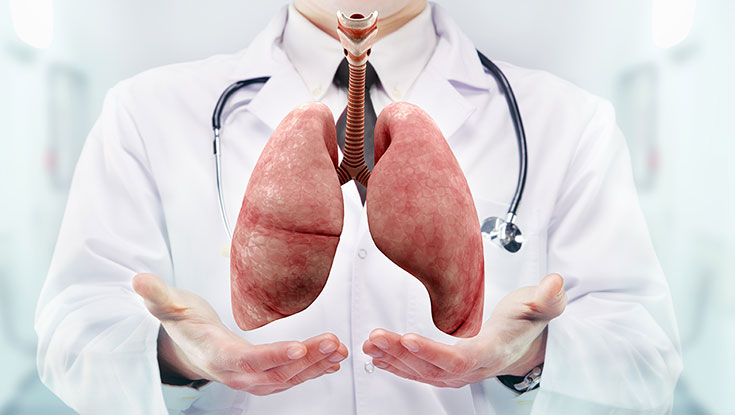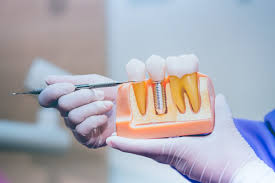How a Master’s Degree in Respiratory Therapy Can Advance Your Career

The healthcare environment is becoming increasingly complex, and respiratory therapy is no exception. Professionals in this field face challenges that require advanced education and skills to manage effectively. Pursuing a master’s degree in respiratory therapy can be a game-changer for clinical specialists looking to elevate their careers. This postgraduate qualification opens doors to higher-level responsibilities, leadership roles, and research opportunities. Keep reading to understand how you can transform your career with this critical step in your professional development.
Navigating the Path to a Master’s in Respiratory Therapy: Programs and Prerequisites
Deciding to pursue a master’s in respiratory therapy is the first step, but understanding the pathway is also crucial. Prospective students must evaluate available programs, considering accreditation, curriculum, faculty expertise, and teaching modalities. It’s essential to find a program that aligns with personal and professional goals, whether that’s clinical advancement, research, or leadership.
The prerequisites for entering a master’s program often include a bachelor’s degree in respiratory therapy or a related field, licensure as a respiratory care practitioner, and clinical experience. Some programs may require applicants to demonstrate foundational knowledge through undergraduate coursework or certifications. A strong academic record and letters of recommendation can also support an application.
For working professionals, finding a balance between continued employment and advanced studies is a common concern. Fortunately, many respiratory therapy master’s programs offer flexible scheduling, online coursework, and part-time options to accommodate the demanding schedules of healthcare workers. This flexibility ensures that educational advancement is accessible without sacrificing current professional responsibilities.
Advancing Clinical Skills Beyond a Bachelor’s Degree in Respiratory Care
While a bachelor’s degree lays the foundation for a career in respiratory therapy, a master’s degree delves deeper into the science and practice. Advanced coursework and clinical experiences are designed to challenge therapists beyond their initial education. This advanced study hones specialized skills in critical care, pediatrics, and pulmonary rehabilitation, to name a few areas of concentration.
Graduate education also provides exposure to emerging trends and innovative treatments in respiratory therapy. For instance, students may explore the latest approaches to managing acute respiratory distress syndrome (ARDS) or the use of ECMO (extracorporeal membrane oxygenation) technology. These insights prepare students for high-level clinical roles that require a sophisticated understanding of respiratory interventions.
Another significant benefit of a master’s program is the opportunity for hands-on learning through research projects. These projects allow students to investigate specific areas of interest thoroughly. Whether it’s looking into the efficacy of new respiratory devices or examining the best practices for patient education, research endeavors enhance practical skills that directly translate to better patient care.
Leadership and Management Opportunities in Respiratory Therapy With a Master’s Degree
In addition to fostering advanced clinical capabilities, a master’s in respiratory therapy can pave the way for leadership and management roles. Graduates are often considered for supervisory positions where they can oversee departments, manage teams, and lead projects. As leaders, they can contribute to shaping clinical practices and patient care protocols, ensuring their team operates at its highest potential.
The program curriculum usually includes components that address health administration, giving students the tools they need for effective management. These entail strategic planning, financial oversight, and human resources management—all essential elements in running a successful respiratory therapy department or clinic. Graduates with these skills can streamline operations, enhance productivity, and foster a positive work environment.
The Impact of Higher Education on Respiratory Therapy Salaries and Job Marketability
One of the most tangible benefits of obtaining a master’s degree in respiratory therapy is the potential for a higher salary. Statistics indicate that professionals with advanced degrees often command greater earnings than their counterparts with bachelor’s degrees. This economic advantage is a compelling reason for therapists to consider a master’s program as an investment in their financial future.
Beyond salaries, the additional credentials enhance job marketability. Employers are increasingly recognizing the need for advanced practice therapists, especially in settings that manage complex and high-acuity patients. Graduates with a master’s degree can distinguish themselves in the job market, securing positions that might otherwise be out of reach.
The expertise gained through a master’s degree also provides therapists with greater mobility within the healthcare industry. Whether it’s moving into consulting work, engaging in global health initiatives, or transitioning to related sectors, such as the medical device industry, the education received expands career horizons considerably.
Overall, a master’s degree in respiratory therapy represents a transformative step for professionals aiming to reach the pinnacle of their careers. The comprehensive skills, leadership potential, and enhanced marketability fostered by this advanced education open doors to a world of opportunities. For those committed to making a profound impact on patient care and the respiratory therapy field, this degree is an indispensable asset.







